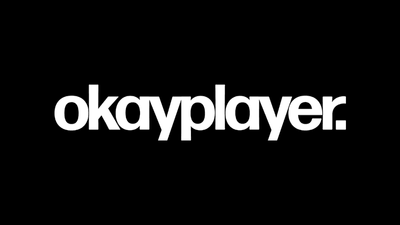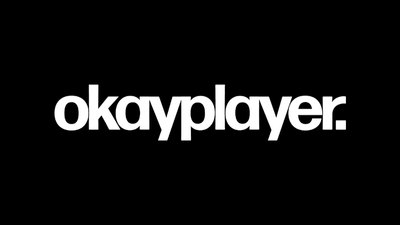A Dream Come True: Watching Pharrell Up Close At Roots Picnic 2017

I stared hopelessly at the back of the main stage of the Roots Picnic as Pharrell was about to take the stage with The Roots.
The "All Stages" wristband wrapped around my hand had granted me backstage and onstage access throughout most of the day but the hierarchy had changed — Live Nation credentials only. My options were limited. Making a dash for either side of the stage was impossible because there were four security guards monitoring both staircases leading to the stage — one for the bottom and one for the top. Trying to get pit access was just as impossible.
Time was running out. Pharrell came out to "Lose Yourself To Dance". Frustration turned into anger. Anger turned into defeat. Defeat turned into acceptance. Drink in hand, I was prepared to venture out into the audience so I could still see Pharrell's performance. Then, the finesse presented itself — Ginny Suss.
"Ginny, is there any way you can get me on either side of the stage," I asked, unable to disguise the distress in my voice. "I can't but I'll try and get you into the pit," she responded, passing me a bright yellow "media" wristband as I trailed behind her to the pit. In a matter of seconds, one of the guards nodded approvingly in my direction, allowing me entrance into the pit. Pharrell and The Roots were finishing a medley of "I Still Love You" and "Break You Off," before going into N.E.R.D's "Maybe".
In that moment, I was overwhelmed with a euphoria I hadn't felt from a concert in years. As I air-drummed Questlove's parts and sung the track verbatim, I had reverted to my teenage self, watching the man who, without his artistry and music, I wouldn't be the person who I am today. To many black millennials, Pharrell is an icon and rightfully so, having defined and redefined music time and time and time again. But just as integral is Pharrell's persona — a black man who never confined himself and became a figure for black individuality because of that.
As an adolescent, my blackness was constantly being defined by everybody but myself. I was always called weird because I didn't adhere to popular representations of blackness. I was a black skateboarder that loved rock music just as much as rap. Still, such interests were deemed "white," which led to both family and friends alike distorting my idea of what blackness could be and mean.
Then, I saw the music video for N.E.R.D's "Rock Star". There was Pharrell, wearing a skateboarding t-shirt and fronting a rock band alongside fellow N.E.R.D. founding members Chad Hugo and Shay Haley. The premise was akin to the music video for Nirvana's "Smells Like Teen Spirit" but more comedic and playful: Pharrell, Hugo and Haley are harassed by a stereotypical high school coach during a game of dodgeball. However, the star of the show (aside from a monkey) is an awkward and lanky white guy who, by the end of the video, has gained a newfound confidence. In retrospect, I understand more so that the video was a celebration of individuality, but at the time I was so enthralled by Pharrell, defiantly hanging from a hoop and standing on a quarter pipe screaming the song's chorus:
"You can't beat me I'm a rock star / I'm rhymin' on the top of a cop car / I'm a rebel and my four four pops far / It's almost over now, It's almost over now.
I found solace in those images — this black man who was unlike anyone I had seen before. I thought of this as I watched Pharrell and Haley perform the song halfway through the former's Roots Picnic set. As the duo then went into "Provider," another N.E.R.D. cut, I found myself briefly dancing and singing with Tyler, The Creator, whose adoration of Pharrell is well known. In that moment you would've thought Tyler and I had possibly known each other for years, yelling the lyrics at each other and feeding off each other's enthusiasm, both of us reverted back to our teenage selves, listening to Pharrell in our bedrooms and thinking, "If he could do it I can do it too." But our interaction spoke to Pharrell's undeniable influence and the everlasting power of music. This man had brought us and countless other people together, and just as much as we were celebrating Pharrell, we were celebrating individuality.
Pharrell fittingly ended his performance with "Happy" and briefly came offstage to take pictures with fans and autograph related memorabilia. I trailed him alongside a group of other people trying to speak with him in hopes of getting a picture. Finally, the opportunity presented itself:
Me: Pharrell May I take a picture with you?Pharrell: You ready?
Me: Yes
The moment the flash went off Pharrell quickly trailed off in another direction. As I yelled thank you to him for the picture as well as being a positive impact in my life, he turned, looked me straight in the eyes, and responded "Thank you," before walking away.
Tears began to trail down my face. I found a place to compose myself and looked at the picture over and over and over again.
I had met my hero, Pharrell Williams.


